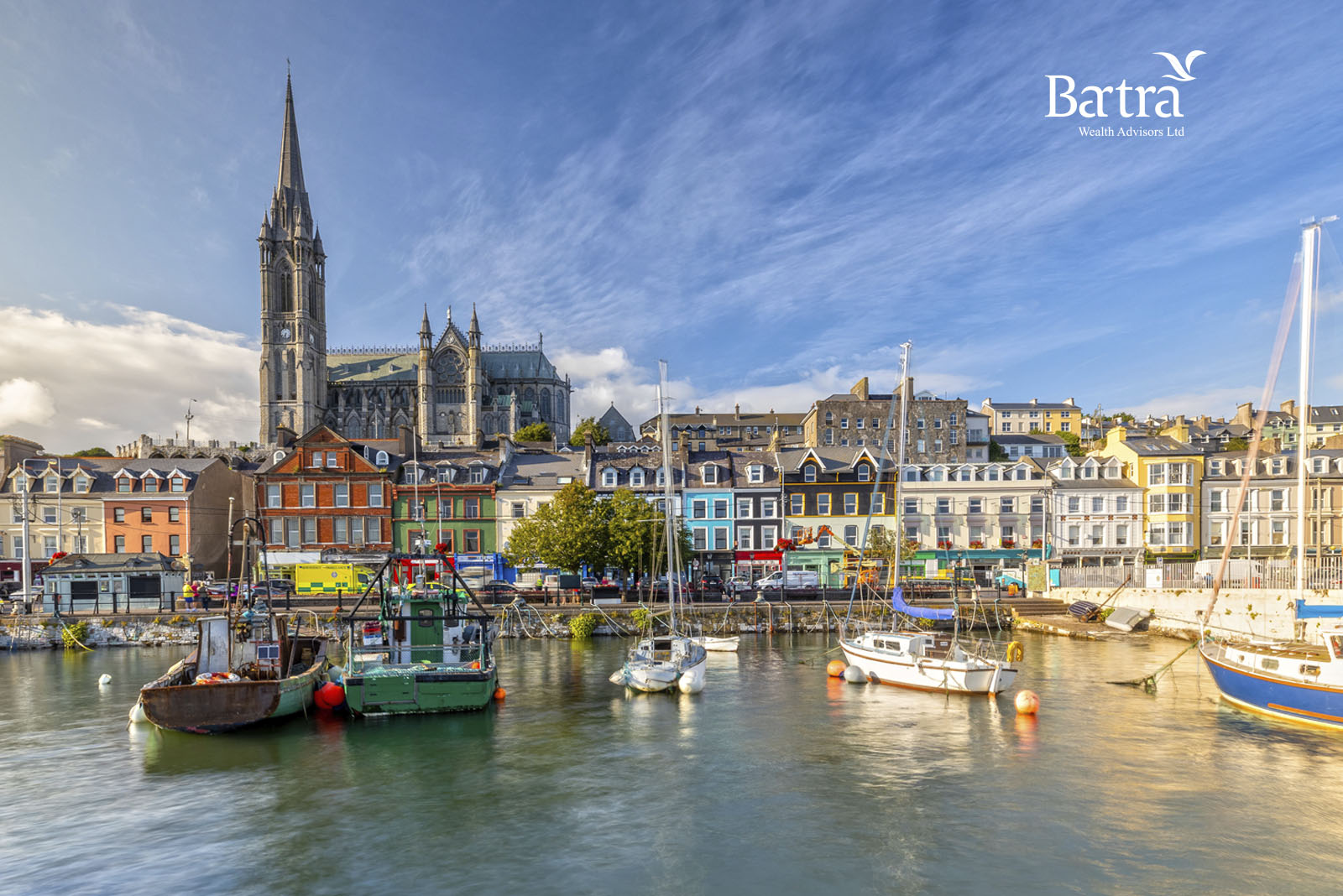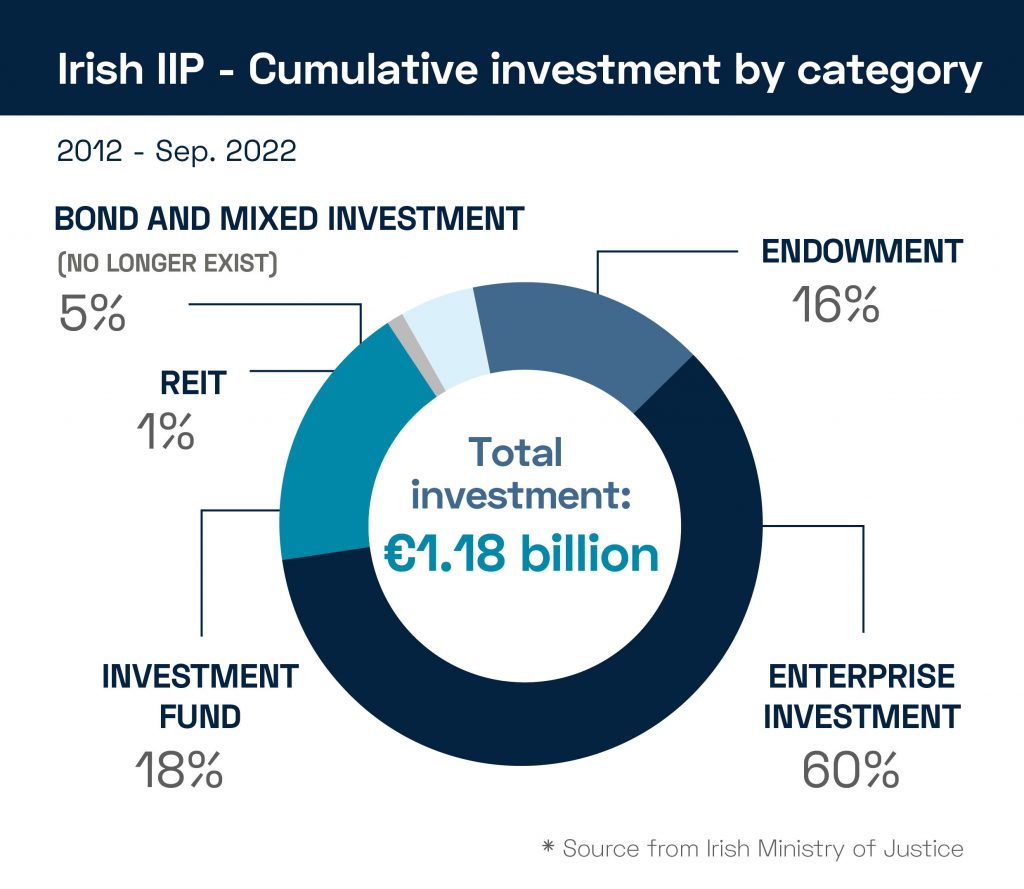As the holiday season approaches, and many of our clients would have to register their Stamp 4 VISA or meet their annual once-a-year landing requirements, it’s a perfect time to make a visit while Ireland transforms into a winter wonderland, adorned with twinkling lights, festive decorations, and an air of merriment. Christmas in Ireland is a magical time, offering a plethora of activities for locals and visitors alike. Here are 10 enchanting things to do in the Emerald Isle during the Christmas season.


1. Experience the Glow of Dublin’s Christmas Lights:


Dublin comes alive with a radiant display of Christmas lights. Take a stroll through Grafton Street, O’Connell Street, and St. Stephen’s Green to witness the city’s transformation into a dazzling spectacle of festive cheer.
2. Visit Christmas Markets:


Immerse yourself in the warmth of Ireland’s Christmas markets. Cities like Galway and Dublin host charming markets where you can shop for unique handmade gifts, indulge in festive treats, and enjoy live entertainment.
3. Attend a Traditional Panto:


Experience the joy and laughter of a traditional Christmas pantomime. These entertaining performances, featuring slapstick comedy and audience participation, are a beloved part of Ireland’s festive culture. The most famous venue of all is The Gaiety Theatre.
4. Skate at Winter Wonderlands:


Lace up your skates and hit the ice at one of Ireland’s temporary winter ice rinks. Locations like Galway and Dublin often set up these festive rinks, providing a delightful experience for families and friends.
5. Marvel at Festive Displays in Killarney:


Head to Killarney, where the festive displays are nothing short of magical. The town center and National Park are adorned with lights, creating a fairytale atmosphere that captures the essence of the season.


6. Enjoy Christmas Carols and Concerts:
-1024x653.jpg)
-1024x653.jpg)
Immerse yourself in the joyous sounds of the season by attending Christmas carol services and concerts. Many churches and venues across Ireland host musical events that celebrate the true spirit of Christmas.
7. Take a Festive Coastal Drive:


Indulge in the festive spirit of Ireland with a picturesque coastal drive during Christmas. Along the famed Ring of Kerry, experience the magical blend of coastal beauty and holiday charm in towns like Killarney and Waterville. For a delightful atmosphere, drive the Dingle Peninsula, where villages like Dingle come alive with Christmas lights. Finally, take in the coastal enchantment of the Wild Atlantic Way from Clifden to Westport, capturing the rugged scenery and seasonal cheer.
8. Participate in the Wren Day Celebrations:


Experience the unique Irish tradition of Wren Day on December 26th. Communities come together to celebrate with music, dance, and colorful processions, making it a lively post-Christmas event.


9. Visit Historic Castles and Houses:


Embark on a journey through Ireland’s storied past by visiting historic castles and houses, each adorned with festive decorations that add a touch of holiday magic to their centuries-old charm. Among the must-visit sites, consider exploring the opulent halls of Bunratty Castle, where Christmas events unfold against a medieval backdrop. Dive into the seasonal festivities at Kilkenny Castle, a symbol of Norman grandeur, or experience the yuletide charm of Malahide Castle, surrounded by enchanting gardens. For a truly magical encounter, venture to the historic halls of Castletown House, where Christmas events seamlessly blend the elegance of the Georgian era with the warmth of the holiday season. These historic landmarks open their doors to offer a unique fusion of Ireland’s rich history and the festive spirit of Christmas.


10. Indulge in Festive Culinary Delights:


Treat your taste buds to traditional Irish Christmas fare. From hearty stews to delectable desserts, savor the flavors of the season at local pubs and restaurants where festive menus abound. Some recommendations in the City of Dublin would be Searsons Pub, FIRE, and Fade Street Social.


Ireland, with its rich traditions and warm hospitality, offers a Christmas experience like no other. Whether you’re enchanted by twinkling lights in Dublin or reveling in the festive atmosphere of a coastal town, the holiday season in Ireland is truly a time of joy, warmth, and memorable moments.








-拷贝.jpg)













-1005x1024.jpg)

